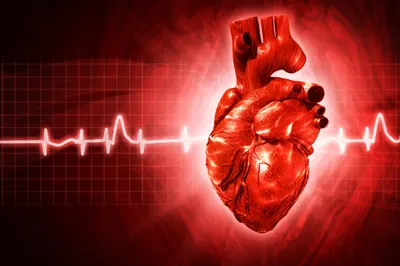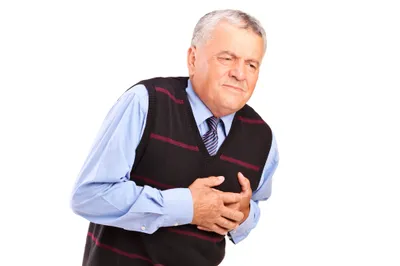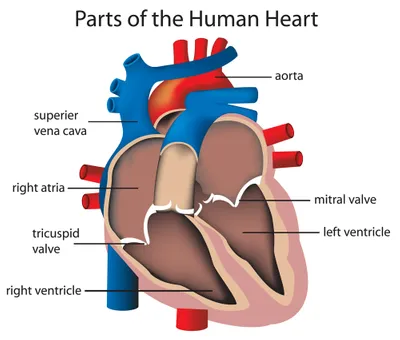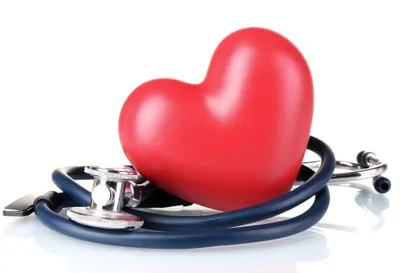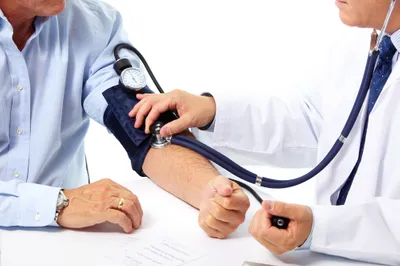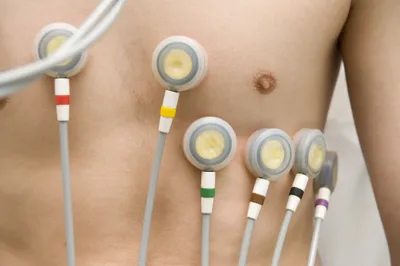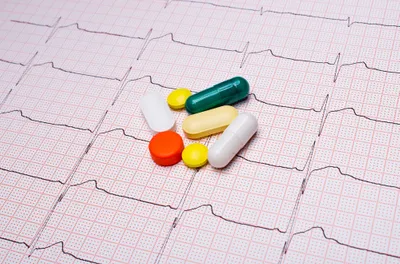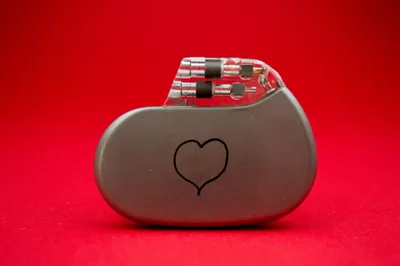An irregular heartbeat, or an arrhythmia, is characterized by just that—the irregular rhythm of the heart’s beat. Arrhythmias differ from person to person, ranging from slow arrhythmias (a condition called bradycardia, where the heart beats irregularly and too slow) to fast arrhythmias (a condition called tachycardia, in which the heart beats irregularly and too quickly).
Here are ten true facts about irregular heart beat…
1. How many people does arrhythmia impact?
According to the American Heart Association, approximately 5 million people suffer from arrhythmias in North America. The majority of these patients are over the age of 50.
2. Human beings have built in pacemakers
Pretty cool and very essential are our built in pacemakers referred to as the sinoatrial node. The sinoatrial node acts as our inner conduction systems, firing tiny electrical signals that set off a molecular chain of events inside our bodies. Here is how it happens—first messages are sent to the heart, the heart muscles of the left and right atria contract taking in blood, while the atrias rest (a process called diastole) blood drains into the left and right ventricles beneath. The ventricles then contract forcing blood into the blood vessels (a process called systole). The entire chain of events takes only a fraction of a second to complete (0.8 seconds in fact).
3. An average healthy heart beats how many beats per day?
Lucky for us, the heart never stops beating from the moment that life begins. Every second of your life is fuelled because your heart keeps pumping. On average, the heart beats about 70 times per minute or 100,000 times per day, squeezing a total of 5 liters (or 2 ½ soda bottles of blood) into our blood vessels.
4. Arrhythmias affect blood flow and blood pressure
The rhythmic heart beat, which is actually the contraction and relaxation of the heart’s atria (upper chambers) and ventricles (lower chambers) is what circulates blood through our bodies. If an arrhythmias occurs and the heart’s beat becomes too fast or too slow, blood flow and thus blood pressure will be affected.
5. Arrhythmias are most often caused by…
Irregular heart beat can be impacted by a number of underlying health conditions. For instance, they often result from diabetes, thyroid disease, or coronary artery disease. However, an arrhythmias can be a side effect of prescription medication, hereditary, or due to general aging. In most cases, an arrhythmia isn’t life-threatening, but if left untreated it can cause a stroke.
6. Primary symptoms of irregular heart beat include…
The telltale symptoms of arrhythmia come in many forms—for instance; you might experience dizziness, fainting, chest pains, shortness of breath, or feel butterflies in your chest. You may also hear and feel the irregular palpitations in multiple beats or missed beats.
7. Irregular heart beat and sleep
Most often patients with arrhythmias are most disrupted by heart palpitations when they are trying to sleep. This occurs mainly when the bodies at rest, particularly if you sleep on the left side of your body. You may hear and feel an irregular thud in your head when you are not distracted by other daily activities.
8. How is arrhythmias typically diagnosed?
If you suspect an irregular heart beat you should consult your family physician immediately. Only a medical doctor can perform the correct tests—a series of blood tests, an electrocardiogram (or EKG) which records the electrical pulse of your heart, and you may even be asked to wear a heart monitor to record your heart’s rate and rhythm over a few days.
9. Irregular heart beat is most often treated via medication
If an arrhythmia is diagnosed by your doctor, you will likely be prescribed medication to manage your heart disorder. For instance, antiarrhythmic drugs are often recommended to regulate irregular heart rhythm and abnormalities. You will be given the drugs in a medical setting at first monitor the affects of the drugs before a prescription is filled for you to take home.
10. When arrhythmias drugs aren’t adequate, defibrillators are often prescribed
Another option for more serious arrhythmias or those who can’t take medications is an Automatic Implantable Cardioverter-Defibrillator (or AICD), a tool that’s akin to a pacemaker and worn in a wallet-sized case by the patient. The AICD is comprised of a pulse generator with electrodes that connect to the heart. When the device senses a dangerous arrhythmia, it delivers a shock (or defibrillation) to bring the heart back to normal rhythm.

